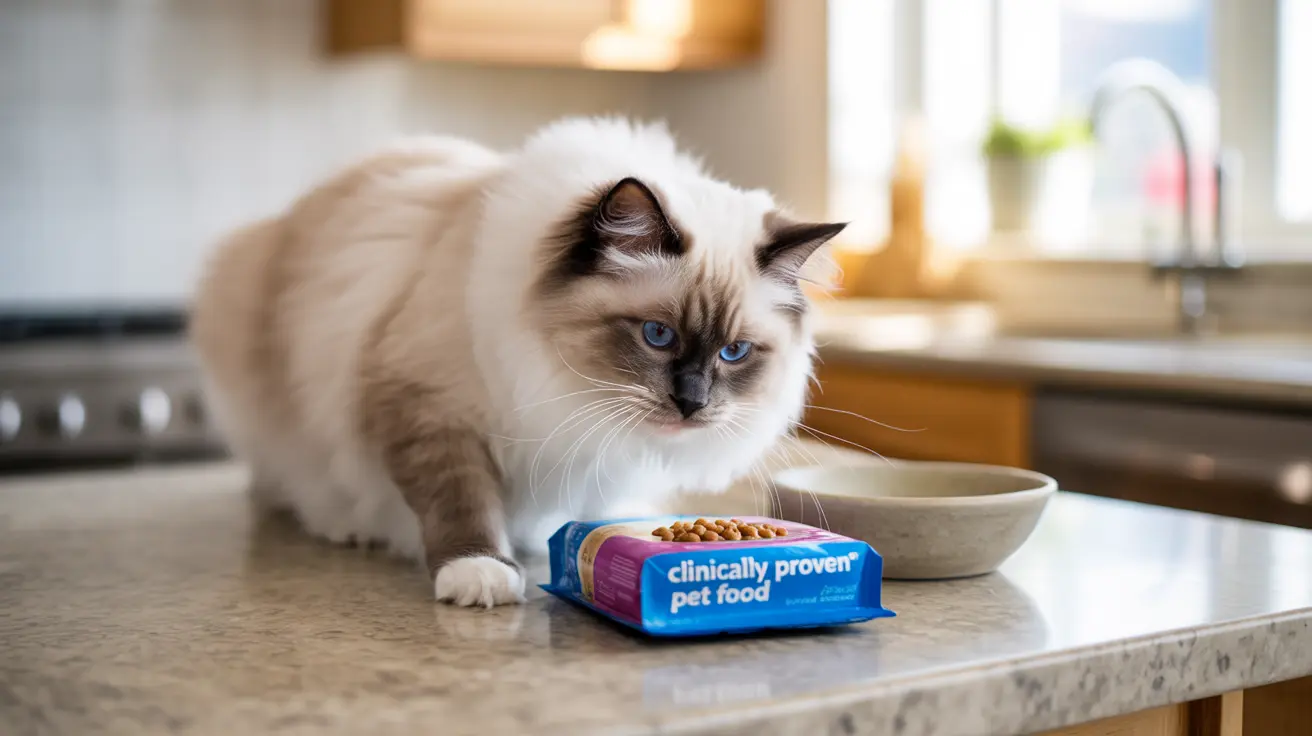Introduction
When shopping for pet food, you've likely encountered the term "clinically proven" on various products. But what does clinically proven mean when it comes to your pet's nutrition? This designation carries significant weight in the pet food industry, representing a higher standard of scientific validation that sets certain products apart from others.
In this comprehensive guide, we'll explore the true meaning behind clinically proven pet food claims, helping you make more informed decisions about your pet's nutrition. Understanding this term is crucial for pet owners who want to ensure they're providing the best possible diet for their furry family members.
The Science Behind Clinically Proven Pet Food
Clinically proven pet food must undergo rigorous scientific testing through controlled feeding trials. These trials typically involve multiple groups of animals, with one group receiving the test diet and another receiving a control diet. Researchers measure specific health outcomes, such as weight management, joint mobility, or skin condition improvements.
To earn the "clinically proven" designation, a pet food must demonstrate statistically significant benefits through at least two separate clinical studies. These studies often follow protocols established by the Association of American Feed Control Officials (AAFCO) or other recognized scientific standards.
Regulatory Requirements and Standards
The pet food industry is regulated by state departments of agriculture, with guidance from AAFCO. For a product to claim it's "clinically proven," manufacturers must maintain documentation of their clinical trials and be prepared to substantiate any claims made on their packaging.
This level of oversight helps ensure that when you see "clinically proven" on a label, it represents genuine scientific validation rather than mere marketing hype. However, it's important to note that the depth and quality of clinical trials can vary between manufacturers.
Benefits of Choosing Clinically Proven Pet Food
Clinically proven pet foods often offer specific, measurable benefits for pets with particular health needs. These might include improved digestion, better joint mobility in senior pets, or more effective weight management. The clinical trials behind these products provide evidence that they can deliver on their promised benefits.
These foods are particularly valuable for pets with specific health conditions, as they've been scientifically proven to support certain aspects of health and wellness. Many veterinarians recommend clinically proven diets for pets requiring specialized nutritional support.
Frequently Asked Questions
What does "clinically proven" mean on a pet food label?
Clinically proven means the pet food has undergone at least two scientific studies that demonstrate specific health benefits through controlled feeding trials. These studies must show statistically significant results compared to control groups.
How can I tell if a pet food is truly clinically proven and not just a marketing claim?
Look for information about specific clinical trials on the manufacturer's website or product literature. Legitimate clinically proven products will typically reference their studies and provide specific details about the proven benefits.
What is the difference between clinically proven, scientifically proven, and complete and balanced pet food?
Clinically proven requires specific feeding trials with measurable results. Scientifically proven is a broader term with less strict requirements. Complete and balanced simply means the food meets AAFCO nutritional requirements, either through formulation or feeding trials.
What kinds of health benefits can I expect from a clinically proven pet food?
Benefits vary by product but may include improved digestion, better joint mobility, healthier skin and coat, more effective weight management, or support for specific health conditions like kidney disease or allergies.
Should I consult my vet before feeding my pet a clinically proven diet, and why?
Yes, consulting your veterinarian is recommended, especially if the food is intended to address specific health conditions. Your vet can help determine if the proven benefits align with your pet's individual health needs and circumstances.
Conclusion
Understanding what clinically proven means in pet food can help you make better choices for your pet's nutrition. While these products often come with a higher price tag, the scientific validation behind their claims provides peace of mind that you're investing in a diet that has been thoroughly tested and proven effective.
Remember to always consider your pet's specific needs and consult with your veterinarian when making significant changes to their diet, especially when choosing specialized or therapeutic foods.






